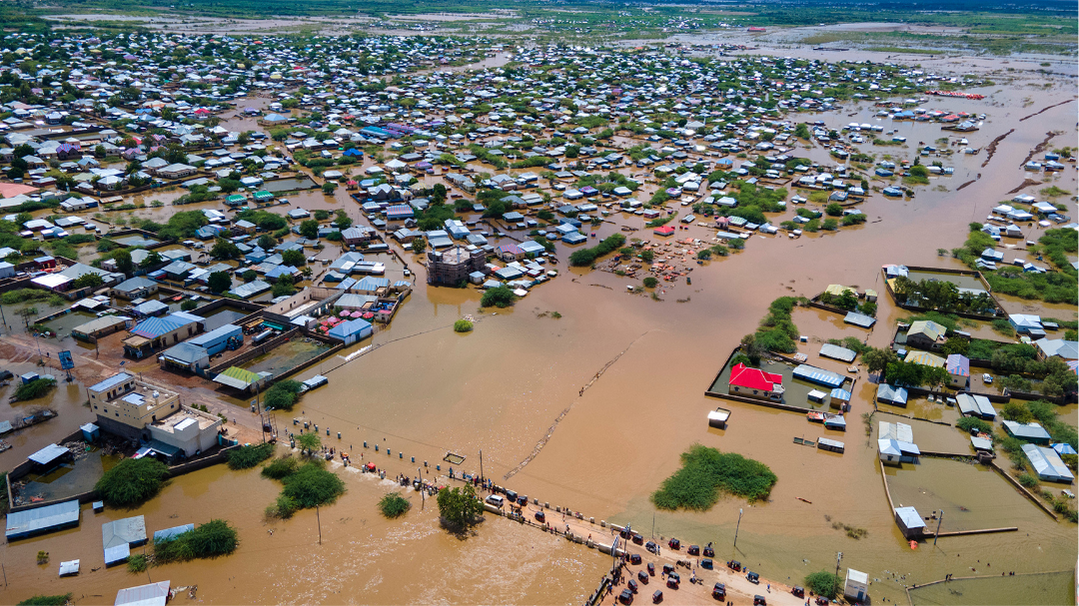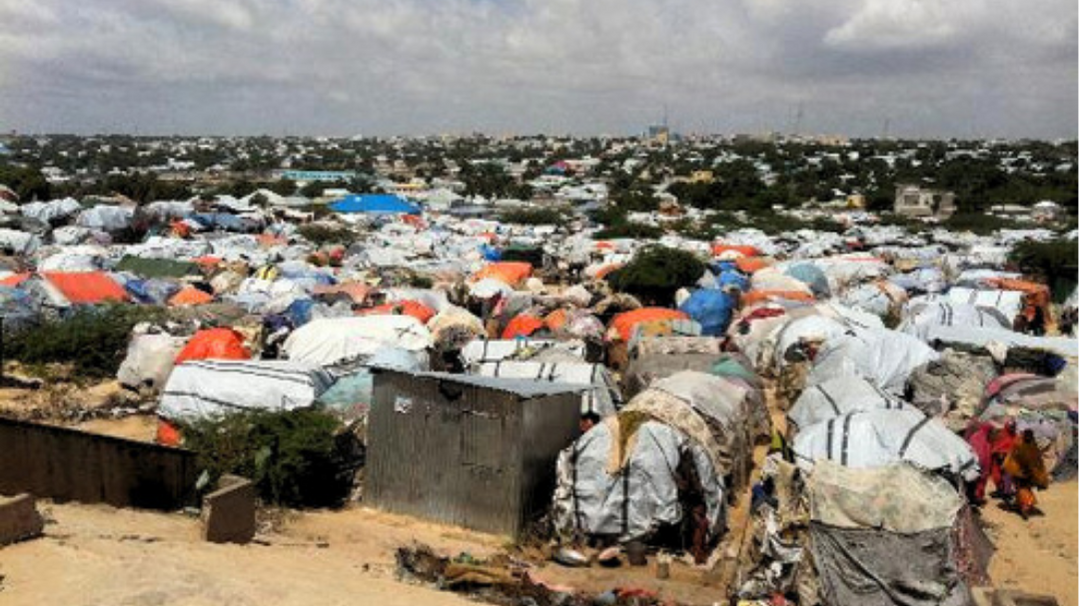A Comprehensive Evaluation of Oxfam Novib's Emergency Livelihoods Improvement Project in Somalia
Oxfam Novib's Emergency Livelihoods Improvement Project in Somalia emerged as a beacon of hope, offering a lifeline to communities grappling with the harsh realities of emergencies. This article delves into the intricate details of a groundbreaking initiative, unraveling the layers of transformation brought about by IDTC's collaboration with Oxfam Novib in unwavering commitment to livelihood improvement in Somalia.
Background
Somalia, a country marred by recurrent crises, necessitated agile and innovative responses. Oxfam Novib, a prominent player in the humanitarian sector, conceived the Emergency Livelihoods Improvement Project to address the multifaceted challenges faced by vulnerable communities. The project's genesis lied in the recognition that sustainable livelihoods were not only a means of survival but a catalyst for long-term resilience.
Objectives of the Evaluation
The impact evaluation and comparative study undertaken sought to achieve the following objectives:
- Assessing Livelihood Transformations: Rigorous evaluation aimed to measure the tangible changes in the livelihoods of project beneficiaries, encompassing income generation, employment opportunities, and overall economic well-being.
- Comparative Analysis: By conducting a comparative study, the project aimed to benchmark its outcomes against similar interventions. This provided valuable insights into the unique strengths and areas for improvement, contributing to the sector's collective learning.
- Community Empowerment Metrics: The evaluation delved into the extent of community empowerment achieved through the project, including enhanced decision-making capacities, increased social cohesion, and the establishment of community-driven initiatives.

